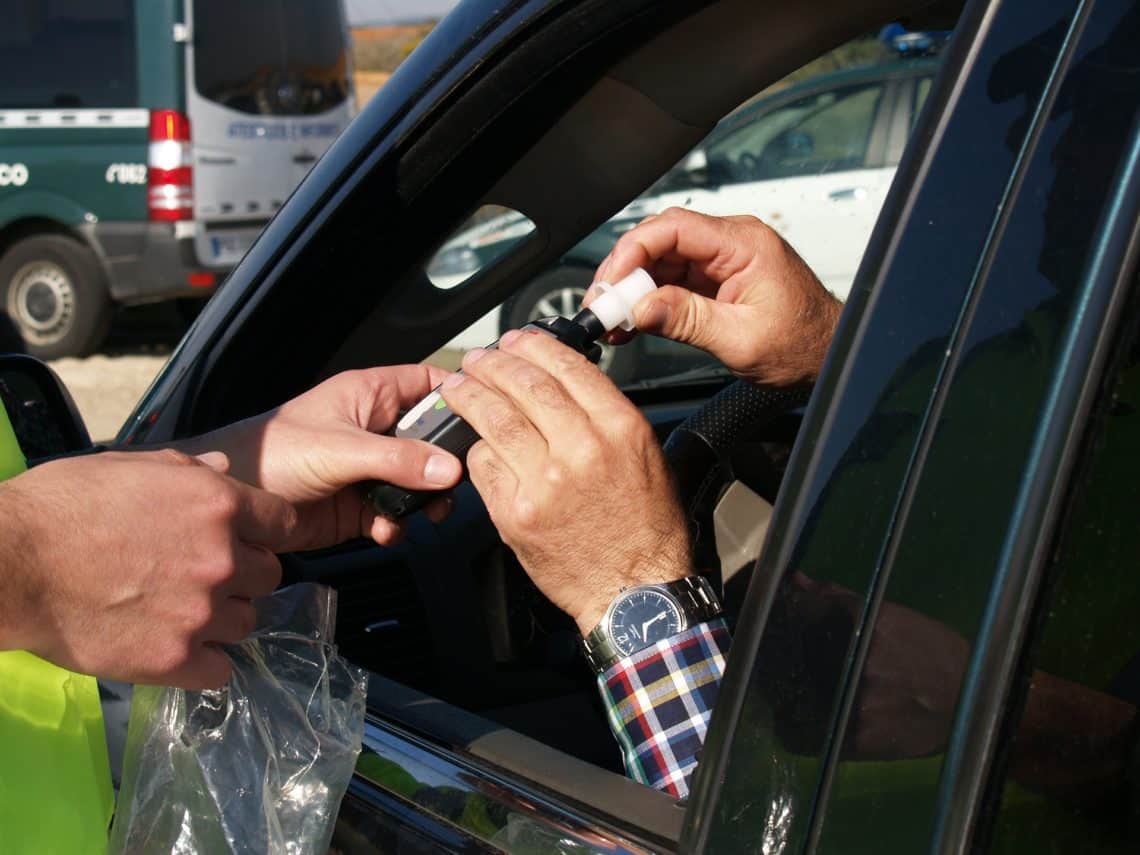
If you are convicted of DWI in the state of Texas, it is a very serious charge. And it is one that comes with a host of life consequences. That is why finding a winning defense against charges is so critical. If you were arrested for DWI and failed a breathalyzer test, you are not automatically guilty. There are inherent factors in breathalyzer results that can be used to argue against their reliability. One such factor is the .08 reference solution. Keep reading to learn how a DWI attorney can use the .08 reference solution to argue your case.
What Is a Breathalyzer?
A breathalyzer is a device that law enforcement uses. It measures a person’s Blood Alcohol Concentration (BAC) level. But that does not mean that breathalyzers are 100% foolproof. Although many people assume that if someone’s breath test reads above .08, they must be driving while impaired, that is not always the case. A breathalyzer test alone is not a fair assessment of someone’s level of intoxication.
What Can Lead to a False Positive Test?
Many things can cause a breathalyzer test to produce false positive results. Every breathalyzer test has something called a “margin of error.” It is the amount of error that is inherent in the device itself. That means even when it is working under the best of circumstances, you can still have a false positive reading. The margin of error for most breathalyzer tests is about .01 percentage points. So, it might be the case that, even if someone blows a .08, their BAC is really .07, which is under the legal limit.
The .08 Reference Solution and the Partition Ratio
Breathalyzer technology doesn’t measure the BAC directly. Instead, it works by estimating the BAC. So to compute the test results, the device has to multiply the BAC measurement by something called the “partition ratio” or “blood-to-breath ratio.” Breathalyzers assume that this ratio is standard across everyone. However, the problem is that factors like sex, body weight, breathing patterns, hematocrit levels, and body temperature can all influence the test results. This means that the partition ratio assumed by the breathalyzer could lead to a false positive for certain people.
The are many factors that can affect the reliability of a breathalyzer test. If you test positive but are close to the legal limit, you may be the victim of a false positive due to the margin of error. To argue your Texas DWI case, you should hire a professional like Stephen T. Bowling. He understands the .08 reference solution and how it might relate to your individual case. Contact us today to start building your case.
